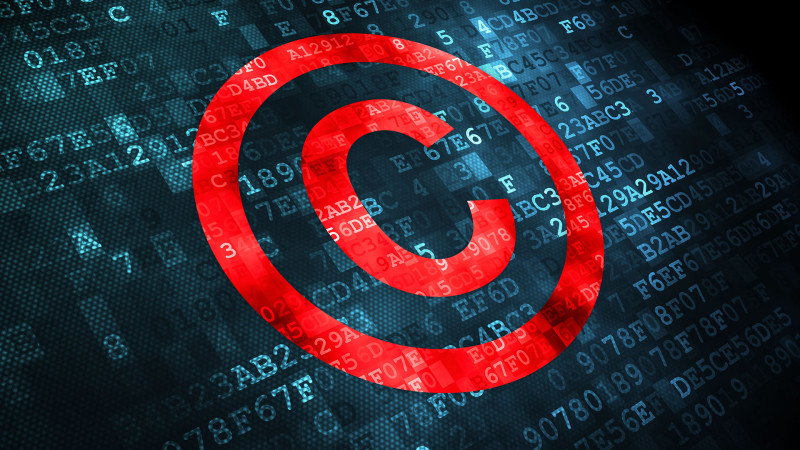Copyright holders must consider fair use before sending takedown notices, 9th
In her appeal, Lenz argued that her video fit the criteria for fair use under copyright law, and that Universal failed to prove the video didn’t do so before issuing its DCMA takedown to YouTube.
When news of this got out, the Electronic Frontier Foundation came to Lenz’s aid, offering her pro bono legal counsel and suing Universal on her behalf.
The case is an important one for the entertainment and publishing industries, especially with the advent of the Internet and social media, where people routinely appropriate background music for their videos, adding their own little touches along the way. There’s a four-pronged test for determining if something is fair use: A judge considers “the goal of your use, the nature of the copyrighted work, the amount and substantiality of the portion taken, and the effect of the use upon the potential market”. Major movie and music publishers have moved to computer programs that search for potentially infringing content. But it is unclear how fair use is analyzed – if at all – with those programs.
In order to file a takedown notice, copyright holders must have a good-faith belief that someone is using their work illegally. “We’re pleased that the court recognized that ignoring fair use rights makes content holders liable for damages.”
Nevertheless, Universal decided to fight the case, which led to a long series of back-and-forth legal arguments from 2007 to 2010, when a partial judgment was filed in Lenz’ favor. Universal’s view that fair use is essentially an excuse to be brought up after the fact is wrong, they held.
“Fair use is uniquely situated in copyright law so as to be treated differently than traditional affirmative defenses”, wrote US Circuit Judge Richard Tallman for the majority.
As reported by Gizmodo, although the court has now ruled that uploading the video was OK, the verdict could have far-reaching consequences.
“Today’s ruling sends a strong message that copyright law does not authorize thoughtless censorship of lawful speech”, said EFF Legal Director Corynne McSherry in a statement.
According to the precedent set in Lenz’s case, rights-holders will have to evaluate each situation on a case-by-case basis, to see if it constitutes fair use.
“One thing that’s often overlooked is that for a site like YouTube or any other user-generated content site, complying with takedown notices is optional”, said Mitch Stoltz, senior staff attorney for EFF.
Why? Because we are entering election season.












